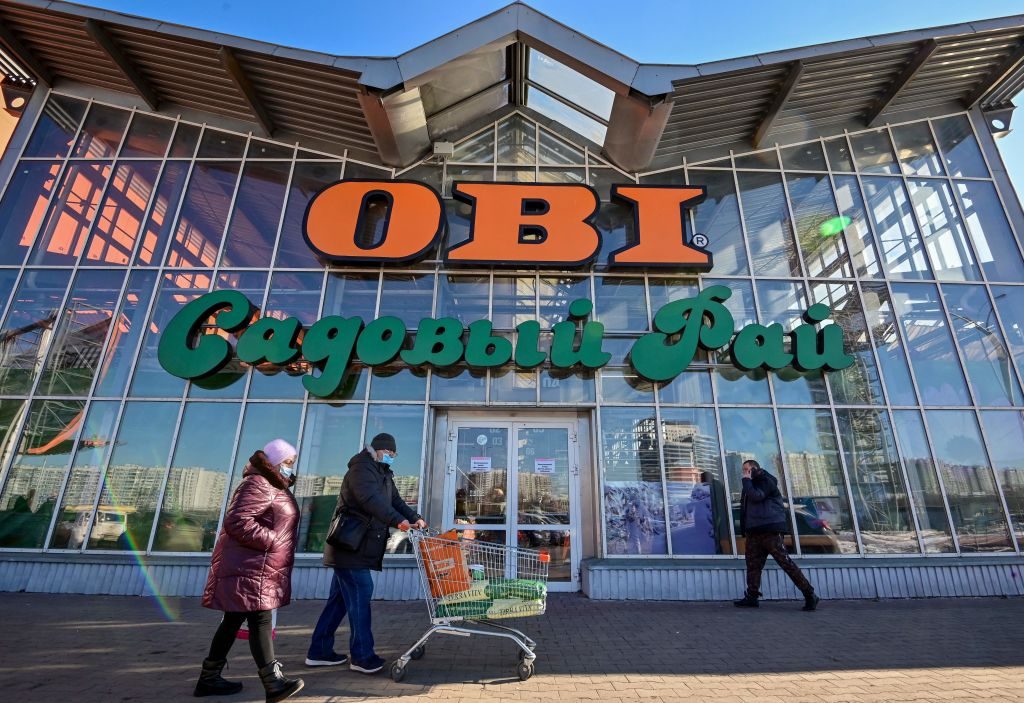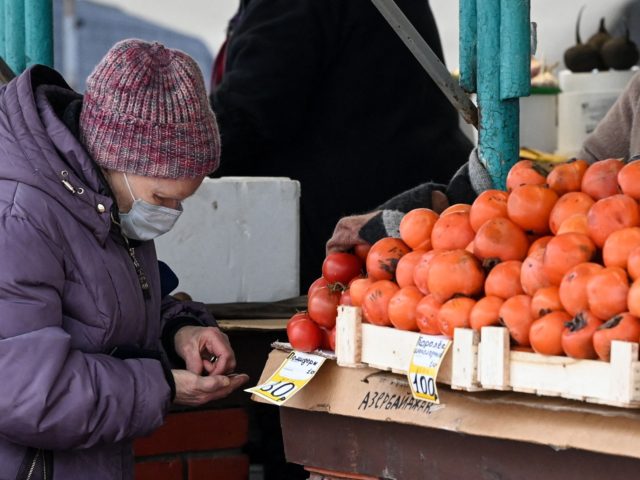The International Monetary Fund (IMF) predicted Sunday that Russia will be moving towards a “deep recession” as a consequence of the trade sanctions imposed on Moscow after the invasion of Ukraine.
Following the former Soviet nation’s invasion of its neighbor on the 24th of February, multiple nations have imposed sanctions on Moscow have had an economic knock-on effect around the world.
Speaking on CBS, the IMF’s managing director, Kristalina Georgieva, warned the West should expect “a deep recession in Russia” as a result of the sanctions, and highlighted the ruble “depreciated significantly”, which has “significantly diminished” the purchasing power of the Russian people.
Georgieva warned of ramifications that go beyond “go beyond Ukraine and Russia”, saying their neighbouring nations – such as the Central Asian republics, the Caucasus, Moldova – may also be inadvertently severely impacted, as they rely on Russia and Ukraine for trade, as well as having to accommodate the “outflow of people refugee wave in Europe”.

Buyers leave an OBI hypermarket, German multinational home improvement supplies retailing company in Moscow on March 10, 2022, after the company’s announcement to discontinue operations in Russia over the war in Ukraine. (AFP via Getty Images)
Looking more globally and moving past Russia and Ukraine’s immediate neighbours, the IMF’s managing director raised concerns nations who “have yet to recover from the COVID-induced economic crisis”, will experience a “painful” economic shock, followed by nations who are “dependent on energy imports from Russia”.
Germany for example imports 55 percent of its gas, 45 percent of its coal and just over 35 percent of its oil from Russia, and its infrastructure would be devastated if Moscow impose punitive sanctions on the mainland European nation.
Georgieva also pointed out the entire world – including the United States – should expect inflation on “commodity prices, energy, grains, fertilizers, metals”, with prices, most notably petrol costs, already beginning to soar in the States.
Britons have also felt the pinch of sanctions with the cost of basic staples such as bread and fish experiencing price inflation, alongside expected future shortages of meat as a consequence of European livestock feed being impacted by the war.
Russia has however made moves to discourage further sanctions, as Moscow has now threatened to pay any external debt in their now economically unstable rouble currency, with their next national debt payment of $117 million expected to be made on Wednesday.
“We need to pay for critical imports. Food, medicine, a whole array of other vital goods, but the debts we need to pay to the countries that have been unfriendly to the Russian Federation and have limited our use of foreign currency reserves — we will pay off our debt to these countries in the rouble equivalent”, Anton Siluanov, Russia’s finance minister said on Sunday.
This could have major economic ramifications around the world, and Georgieva also suggested “in terms of servicing debt obligations, I can say that no longer we think of Russian default as improbable event”, as a consequence of Russian money being frozen by sanctions.
Russia and Ukraine anticipated entering a fourth round of peace talks on Monday, with both sides claiming a positive developments.
It is however unlikely to know how successful these talks will be in securing a ceasefire, as Russia has continued to hit Ukraine from the air, with attacks on a residential block of flats and an aircraft manufacturing plant in Kyiv occurring during the talks.

COMMENTS
Please let us know if you're having issues with commenting.